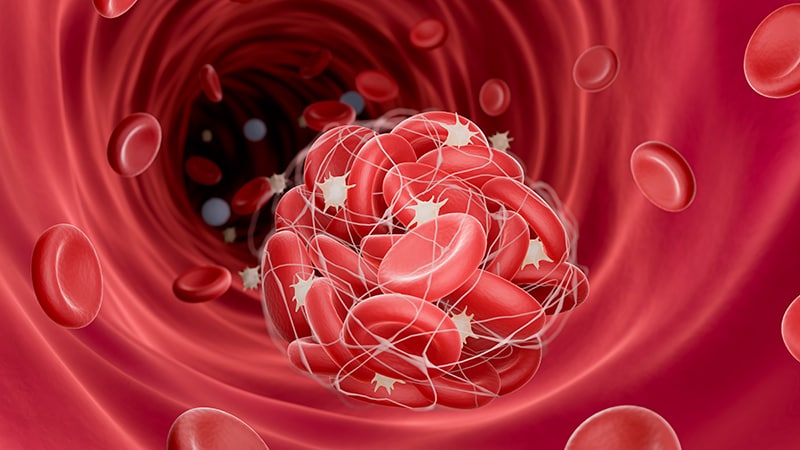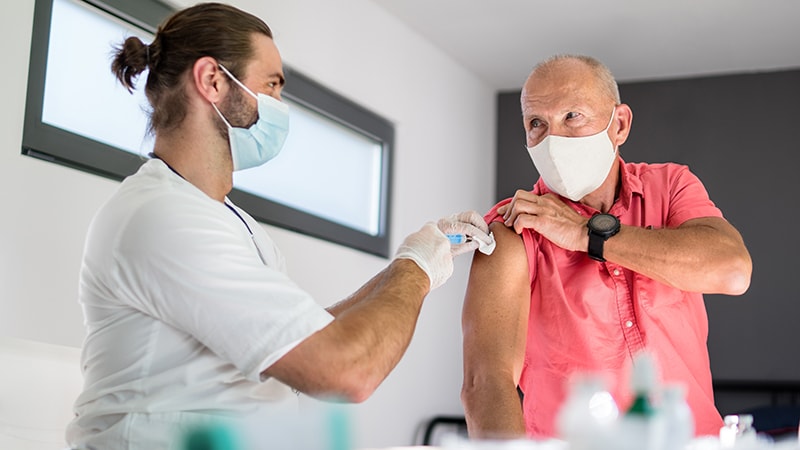The first coronavirus vaccine tested on humans has yielded positive results, with a small number of people who were tested showing an immunity against the virus, drugmaker Moderna said Monday in a news release.
Moderna, a Massachusetts-based company, said the vaccine called mRNA-1273 "was generally safe and well-tolerated." The company said it plans to move ahead with the next two phases, in which larger numbers of people will be tested this year.
The news release said three different dosage levels — 25, 100 and 250 micrograms — were given to 45 participants, and all of them developed detectable antibodies.
But the eight people who received doses of 25 and 100 micrograms in March responded best, developing antibodies that were just as high or higher than the antibodies found in people who'd gotten the coronavirus and then recovered, the company said.
The vaccine uses something called the messenger RNA approach. It does not require a virus to make the vaccine.
"I think the totality of science tells us that this is the right antigen and it should be protective," Tal Zaks, Moderna's chief medical officer, said Monday on a call with journalists to discuss the results, according to Business Insider.
The testing is being done in coordination with the National Institutes of Health and the National Institute of Allergy and Infectious Diseases. It has not been peer-reviewed or published in a medical journal.
There currently is no vaccine against the coronavirus. Moderna and other companies are racing to develop a vaccine against the virus, which has killed 89,000 people in the United States alone.
It's unclear how soon a vaccine might hit the market. Anthony Fauci, MD, of the White House coronavirus task force, has cited a 12- to 18-month timeline for development.
At least 90 potential COVID-19 vaccines are under study, and six of those are already being tested on humans in clinical trials to determine if they're safe.



